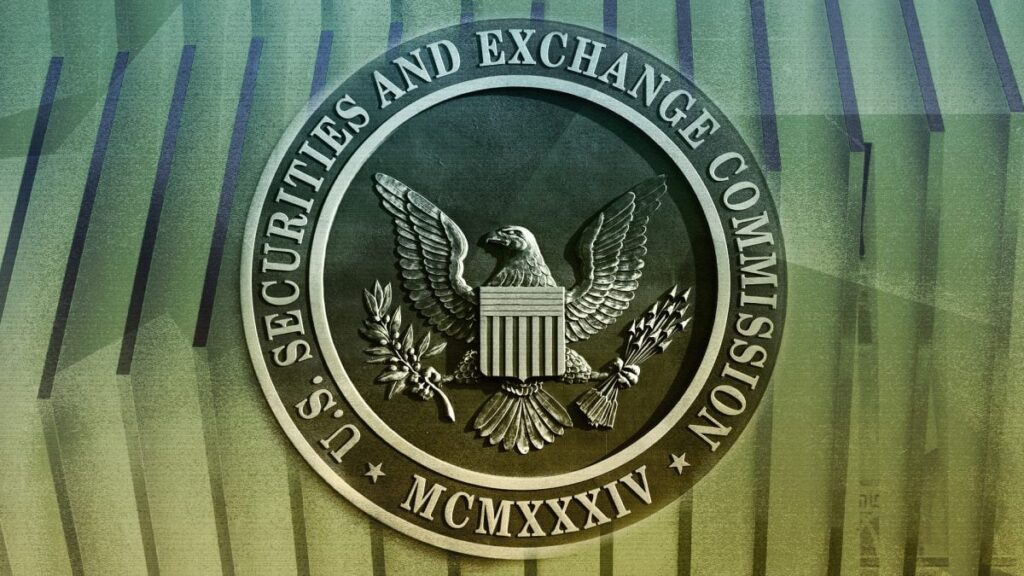The United States Securities and Exchange Commission (SEC) has initiated legal SEC vs BitClout case against Nader Al-Naji, the founder of BitClout, now rebranded as Decentralized Social (DeSo). The SEC alleges that Al-Naji orchestrated a sophisticated crypto securities fraud scheme, unlawfully obtaining approximately $257 million from investors through deceptive means. Filed on August 1, 2024, the SEC’s complaint is accompanied by similar accusations from the US Attorney’s Office for the Southern District of New York. This coordinated effort underscores the regulatory scrutiny facing cryptocurrency projects, particularly those accused of deceiving investors and evading securities regulations.

SEC vs BitClout: Unravelling the $257 Million Fraud Allegations
In the SEC vs BitClout case, Nader Al-Naji faces allegations of fraud related to BitClout’s token, BTCLT. The SEC claims that Al-Naji violated anti-fraud and registration provisions of the Securities Act of 1933 and 1934. According to the SEC’s complaint in the Southern District of New York, Al-Naji misled investors starting from November 2020 by falsely representing that funds from the token sale would not benefit him personally or pay BitClout staff. Contrary to these assurances, the SEC alleges that Al-Naji misappropriated over $7 million for personal expenses, including renting a Beverly Hills estate and substantial monetary gifts to family members.
The Deception of Decentralization: BitClout’s False Narrative
BitClout’s founder, operating under the pseudonym “Diamondhands,” portrayed the project as a decentralized initiative with no central entity overseeing it—just code and coins. However, according to reports, Al-Naji maintained complete control over the project’s operations, despite its purported decentralization. This misleading narrative raises significant concerns in the cryptocurrency industry, highlighting the deceptive practices alleged in the SEC vs BitClout case.

To bolster BitClout’s pseudo-decentralized façade, Al-Naji allegedly procured a fraudulent legal opinion suggesting that BTCLT tokens likely did not qualify as securities under federal law. Simultaneously, he reportedly informed select wealthy investors of his intent to circumvent legal restrictions.
Family Involvement and Relief Defendants
In addition to Al-Naji, the SEC’s lawsuit names his mother, wife, and wholly-owned corporations as relief defendants. This legal tactic aims to recover investor funds transferred to these entities, demonstrating the SEC’s commitment to tracing and reclaiming misappropriated assets, regardless of their recipients. Including family members as relief defendants serves as a deterrent against attempts to conceal wealth through personal relationships amidst regulatory scrutiny.
The SEC’s Stance on Crypto Fraud
Commenting on the case, SEC Director of Enforcement Mr. Gurbir S. Grewal stated, “Al-Naji attempted to evade federal securities laws and defraud the investing public, mistakenly believing that feigning decentralization would confuse regulators and deter enforcement.” This assertion underscores the SEC’s zero-tolerance approach towards crypto projects that falsely claim decentralization while exerting centralized control.

The SEC vs BitClout case exemplifies the agency’s stance on combating fraudulent practices within the crypto industry, signaling that regulatory evasion strategies will not shield bad actors from legal repercussions.
A Wake-Up Call for Crypto Entrepreneurs
The SEC vs BitClout case serves as a stark reminder of the legal complexities surrounding cryptocurrency ventures. It emphasizes the importance of regulatory compliance alongside innovation in blockchain technology. Entrepreneurs and investors navigating the crypto landscape must navigate evolving regulatory landscapes, where the distinction between decentralized innovation and securities offerings grows increasingly blurred.
Given the heightened risks of fraud and regulatory non-compliance in the cryptocurrency market, investors are urged to exercise caution. Projects lacking transparent governance and regulatory clarity, especially under SEC scrutiny, warrant careful consideration.
The SEC vs BitClout case stands as a pivotal moment in shaping future interactions between regulatory authorities and the cryptocurrency industry. Stay tuned and informed with TheBitJournal for the latest insights into blockchain technology and its transformative impact across industries.





























